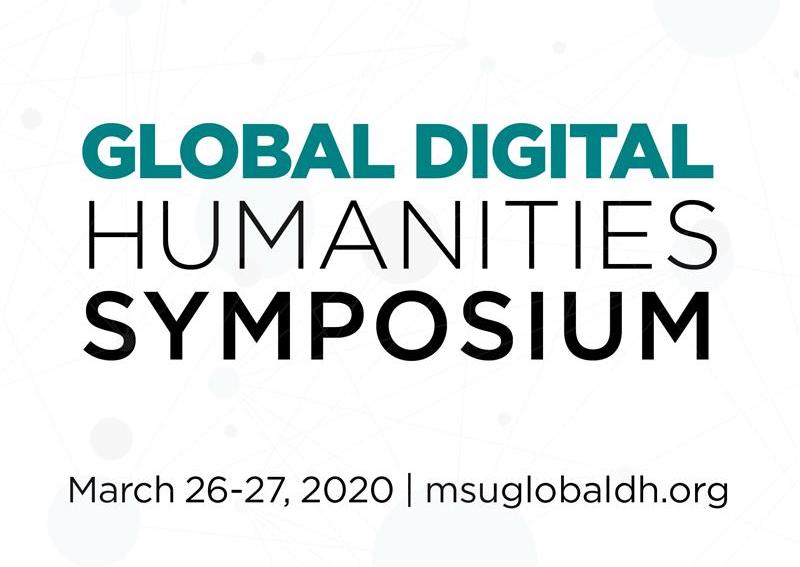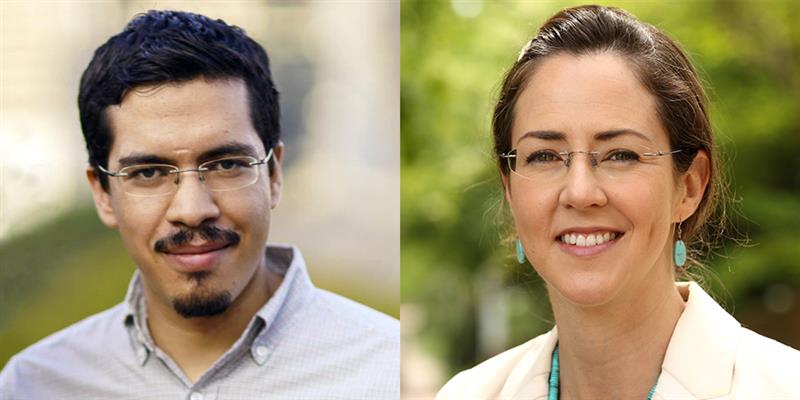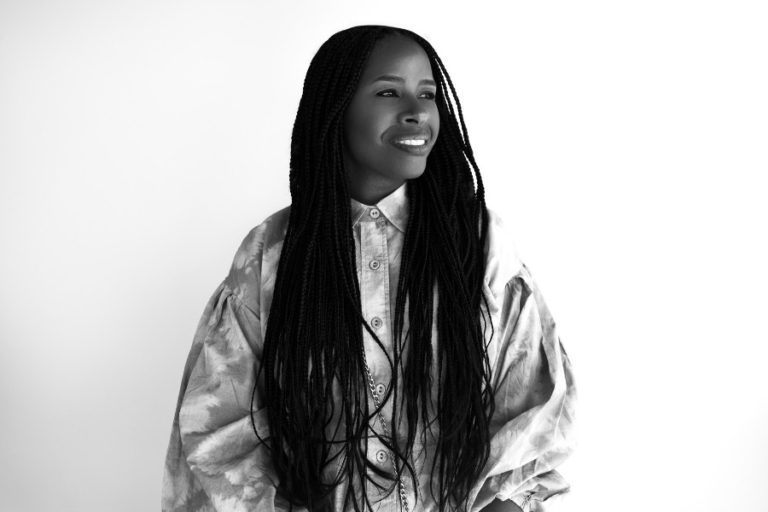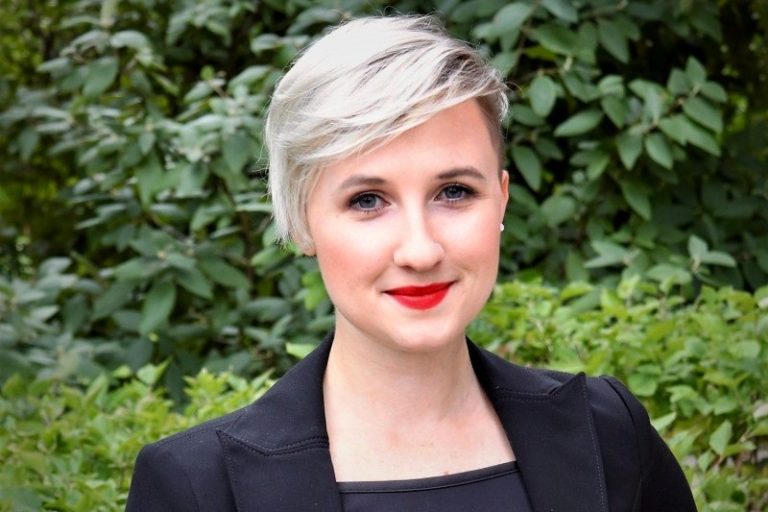
This year’s Global Digital Humanities Symposium (GDHS) hosted by the Digital Humanities at MSU (DH@MSU) program will be an all-virtual event in response to the novel coronavirus (COVID-19) outbreak and with regard to the safety for all.
The fifth annual Global Digital Humanities Symposium, scheduled for Thursday, March 26, and Friday March 27, will have a live stream of the Zoom meeting that anyone can connect to by going to go.cal.msu.edu/globaldh. Conversation before, during, and after the symposium will be encouraged on Slack and Twitter by using #msuglobalh. Presenters and participants also will be encouraged to join the Humanities Commons Group, where presenters have the option of sharing their work.
In recognition of the 10th anniversary of the Cultural Heritage Informatics Initiative, one of this year’s themes is the application of digital methods and computational approaches to cultural heritage materials, collections, data, and challenges.
DR. ETHAN WATRALL
“In recognition of the 10th anniversary of the Cultural Heritage Informatics Initiative, one of this year’s themes is the application of digital methods and computational approaches to cultural heritage materials, collections, data, and challenges,” said Ethan Watrall, Associate Professor of Anthropology and member of this year’s GDHS planning committee.
The symposium will still include keynote speakers. The only change is their presentations are being redrafted to fit the virtual format.
This year’s keynote speakers are Carrie Heitman, Associate Professor of Anthropology at the University of Nebraska, Lincoln, and Miguel Escobar Varela, an Assistant Professor at National University of Singapore.

Heitman is an archaeologist of the American Southwest and is particularly well known for her work on community engaged digital heritage projects such as the Chaco Research Archive and the Salmon Pueblo Archaeological Research Archive.
Varela is a web developer, theater researcher, and translator. At the National University of Singapore, he teaches courses on intercultural communication, Asian theater, and data visualization.
“As a graduate student, I truly value this opportunity because I believe whatever I learned here will benefit me when I enter the job market,” said Tianyi Kou, a German Studies doctoral student and member of the GDHS planning committee. “Also, the DH@MSU community is very inclusive. I feel welcome and my voice is always heard by the faculty and staff. I would like to see more graduate students at our symposium this year.”
When the decision was made to make it a virtual symposium, the GDHS planning committee emailed everyone who had registered letting them know of this change and directing them to the Global Digital Humanities Symposium website with all the information about this change. Altogether, 207 people had registered for the symposium.
As a graduate student, I truly value this opportunity because I believe whatever I learned here will benefit me when I enter the job market.
TIANYI KOU, GERMAN STUDIES PH.D. STUDENT
In addition, all the presenters were emailed about the change and asked if they would be comfortable presenting virtually. Some decided to back out given the circumstances, and the GDHS planning committee has made the necessary changes to the schedule.
“We are still going to provide the travel funds we had promised to presenters and any additional funds to help with nonrefundable travel tickets that they may now have,” said Kristen Mapes, Assistant Director of Digital Humanities in the College of Arts & Letters and member of the GDHS planning committee. “We want to make sure that people are not financially hit because of this change.”
The Global Digital Humanities Symposium is sponsored by 20 units from around campus, including the College of Arts & Letters; Department of English; Department of Writing, Rhetoric, and American Cultures; Department of Theatre; Experience Architecture Program; Department of Linguistics and German, Slavic, Asian, and African Languages; Department of Romance and Classical Studies; Muslim Studies Program; Global Studies in the Arts and Humanities; Graduate School; Canadian Studies Center; Hub for Innovation and Learning Technology; Department of History; Matrix; H-Net; Asian Studies Center; MSU Libraries; African Studies Center; Department of Anthropology; and Center for Gender in Global Context.
For more information on the symposium, such as the current program, as well as information on how the virtual conference is being run, including the technology plan page, how to use Zoom page, and how to use the Humanities Commons group, visit the Global Humanities Symposium website.
MSU’s Global Digital Humanities Symposium is endorsed by The Association for Computers and the Humanities.


